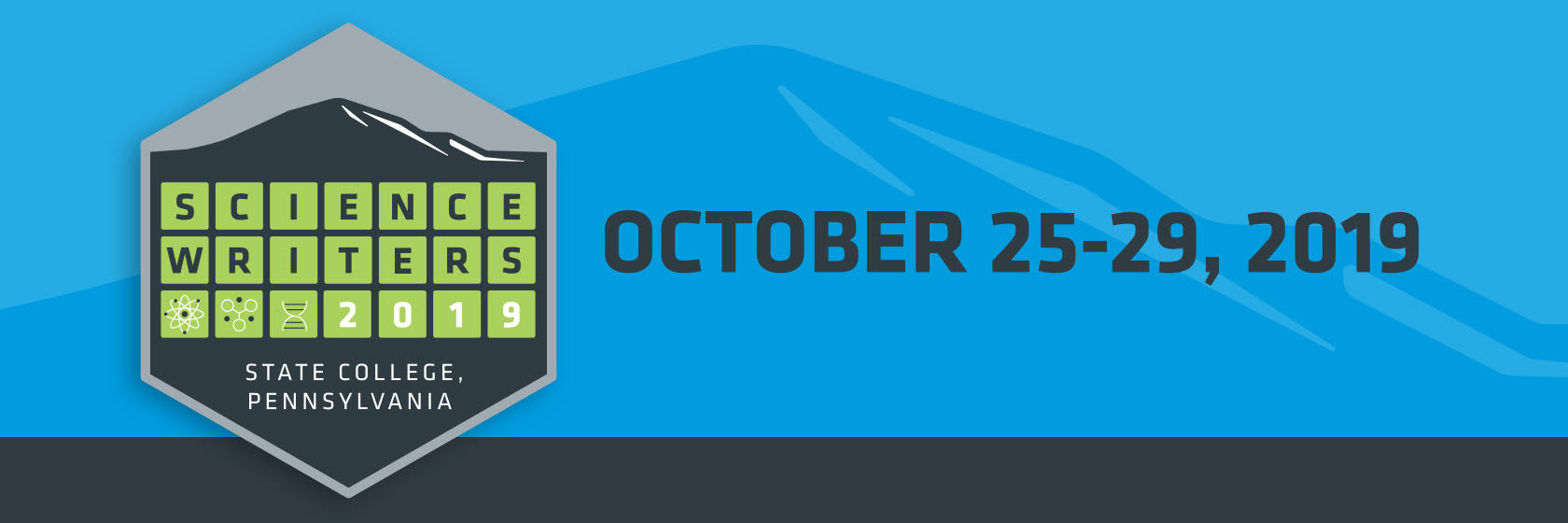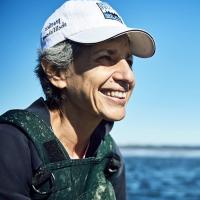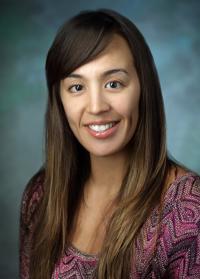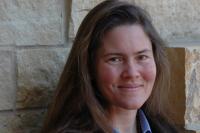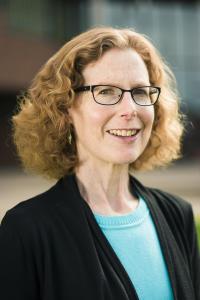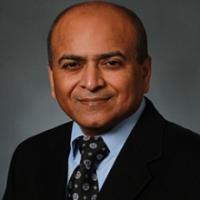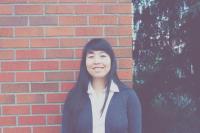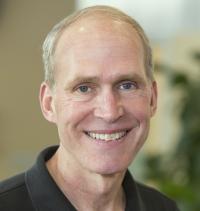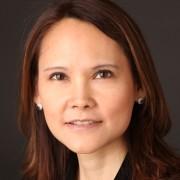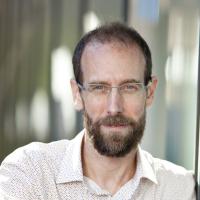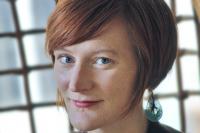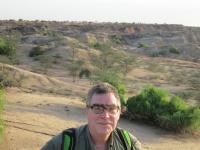WKMarie Hardin
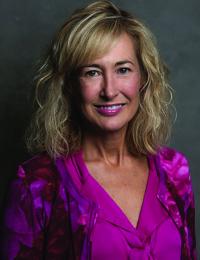
Professor of Journalism and Dean of the Donald P. Bellisario College of Communications, Penn State, State College, Pa.
Professor Marie Hardin was named dean of the Donald P. Bellisario College of Communications in July 2014.
Since then, the Bellisario College — one of the largest accredited mass communications programs in the country — has bolstered its reputation for high-quality undergraduate education and broadened its impact as a research and thought leader, thanks to highly collegial and internationally respected faculty.
Under Hardin's leadership, the Bellisario College was renamed and rebranded in 2017 as a result of a $30 million gift from 1961 alumnus Donald P. Bellisario, and the university has committed an additional $45 million in support of the Bellisario College. Much of Penn State's investment is in the Donald P. Bellisario Media Center, which will open in 2020. The media center will bring all departments and majors together to deliver on the Bellisario College's vision to prepare the next great generation of digital storytellers and leaders across the professions.
She has served on numerous university-wide committees and led a variety of collaborative efforts that engage other colleges at Penn State, other institutions of higher learning, and private-sector partners.
Hardin served as president of the Association for Education in Journalism and Mass Communication, a nonprofit, educational association of journalism and mass communication educators, students and media professionals, in 2018-19. She also chairs the committee for the Accrediting Council on Education in Journalism and Mass Communication.
In 2009, she was one of four Penn State faculty recipients of the university-wide George W. Atherton Award for Excellence in Teaching. In 2010, she was a finalist for the Scripps Howard Foundation Journalism and Mass Communication Teacher of the Year.
Twitter: @mariehardinpsu
Email: mch208@psu.edu
Speaking:
-
Saturday, October 26th, 8:30 am to 10:00 am
